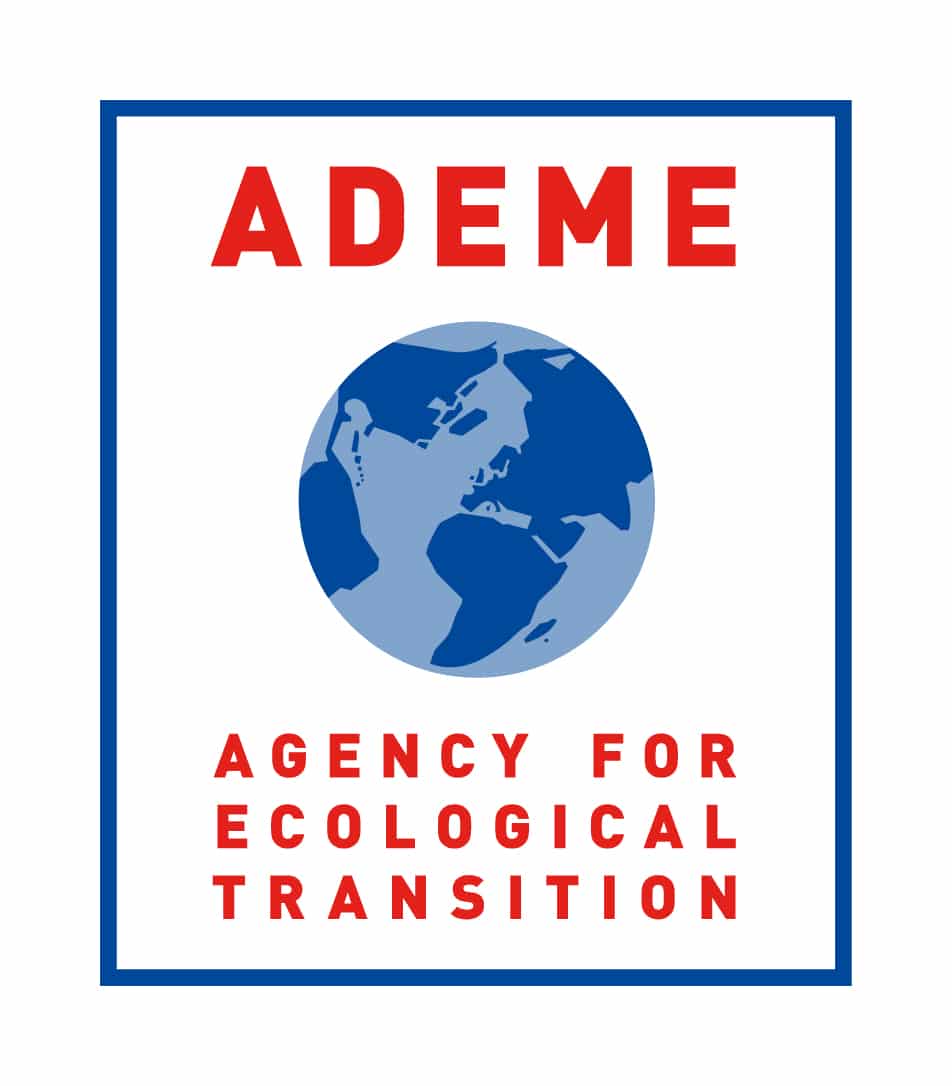Issues for debate
The foresight work carried out does not avoid taking a step back. Whatever the scenario chosen to achieve carbon neutrality, ADEME has put into perspective 5 issues that will have to be the subject of structuring debates.
In this page:
- Energy sufficiency: how far can it go?
- Can we rely solely on natural carbon sinks to achieve neutrality?
- What is a sustainable diet?
- Land degradation, insecurity, renovation: is a different construction industry possible?
- Towards a new industrial model: is energy sufficiency (reduced consumption) harmful for French industry?
Energy sufficiency: how far can it go?
The lower the demand, the easier it will be to decarbonise energy. However, reduction in demand is determined by two factors:
- sufficiency, i.e. re-examining lifestyles and consumption patterns. However, sufficiency is at odds with the dominant way of thinking in the consumer culture of the modern world.
- energy efficiency, which makes it possible to reduce the amount of energy required for their production. The potential for energy efficiency comes up against physical limitations and especially the limits of available technologies.
So we cannot escape the question of sufficiency.
Can we rely solely on natural carbon sinks to achieve neutrality?
The four scenarios show that achieving carbon neutrality cannot be achieved without natural carbon sinks (plants, soils and forests) because their potential is very high compared with technological sinks (carbon capture and storage). But natural sinks are fragile and vulnerable to climate change.
Sufficiency, biomass management and natural sinks are therefore intimately related.
What is a sustainable diet?
Food is one of the world’s major challenges, with an expected doubling in food requirements by 2050. In France, food is responsible for a quarter of the carbon footprint and is at the centre of multiple health and environmental issues.
The four scenarios show that diet cannot be considered in isolation from other issues affecting the biosphere.
Land degradation, insecurity, renovation: is a different construction industry possible?
Residential and tertiary buildings now account for nearly half of national energy consumption and nearly a quarter of GHG emissions. Their construction consumes 51 million tonnes of materials per year and directly contributes to land degradation.
Thinking about another economy of the building is thus to be started.
Towards a new industrial model: is energy sufficiency (reduced consumption) harmful for French industry?
In contrast to the past 30 years, it is now widely accepted that relocalisation of industry to France is vital for our economy and its resilience. However, this relocalisation will not happen by itself in a globalised world and will not be without impact. The competitiveness of industry will be developed using two levers:
- a new industrial model that favours quality over quantity and is based on the circular economy;
- a more quantitative model, but using decarbonised energy and processes.
This raises the question of what role public policies should play in supporting these transformations, whether in terms of support mechanisms or regional planning.





